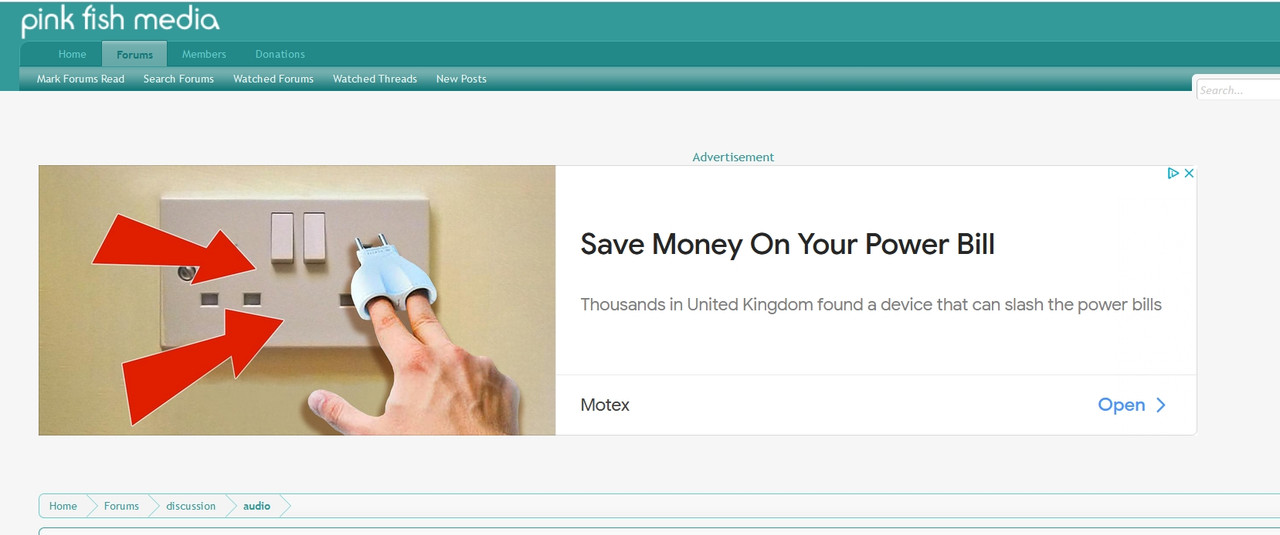SteveG
pfm Member
My house still has an old gas fired system (the original system from when the house was built 25 years ago) with a cold water tank in the loft and a hot water tank in an airing cupboard which I'm assuming wouldn't be required if we switch to a gas fired combi boiler. A quick online quote only seems to be about £3000 to £3500 or so to do the replacement (as opposed to perhaps £50K+ to get get a workable air or ground source solution), which if correct seems like a no-brainer really. So I think that's going on the to-do list for later this year, even if we are only likely to keep this house for a few more years.


